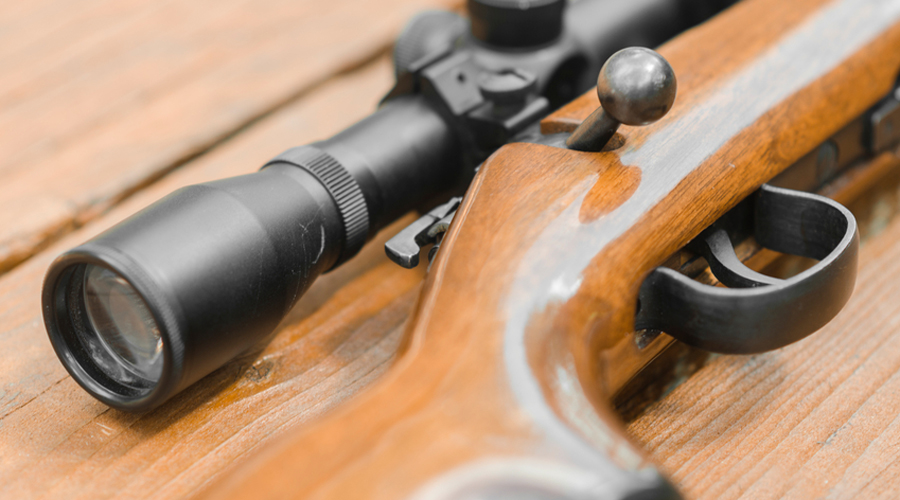Following the deadly shootings in Orlando, FL last month, NICS (National Instant Criminal Background Check System) background checks conducted by the FBI surged in June. The current year is now on pace to easily break the record in 2015 for most checks in a year.
The FBI conducted more than 2.1 million firearm background checks in June 2016 versus 1.5 million in June 2015, representing a gain of 39 percent. June 2016 saw the most FBI firearm background checks of any June since the current system went into effect. June also marked the 14th month in a row to see a new background check record.
On June 12, 49 people were killed and 53 others wounded at Pulse, a nightclub in Orlando. Omar Mateen, who used a Sig Sauer MCX AR-15 and a Glock handgun in the attack, was an American-born male who pledged allegiance to ISIS.
The incident, representing the deadliest mass killing in U.S. history, was followed by a push for new gun control measures in the House and in the Senate. The issue of gun control has since made little headway in Congress but is expected to remain a contentious election issue.
With June’s jump, a total of 13.8 million background checks have been conducted in the first six months of 2016 against 10.5 million in 2015’s first-half, a hike of 31.4 percent.
Compared to May, June checks grew 14 percent. Typically, June shows a drop-off in background checks. June 2015 was down 3 percent from May 2015 while June 2014 was down 7 percent from the month prior.
The San Bernardino massacre in December 2015 also fueled more than 3.3 million background checks that month and 23.1 million for the year, which is the current record.
The mass shooting at Sandy Hook Elementary in Newtown, CT in December 2012, likewise fueled a massive surge in background checks to establish a record month and year that has since been surpassed.
The FBI conducts a background check when someone tries to buy a gun from a federally licensed dealer. The number of checks run through NICS is considered one of the major indicators of how many gun sales were generated in a given month, since nearly every sale made through a federally licensed dealer must include a background check. However, the number is not an exact representation of how many gun sales were completed.
News of the increase arrived on the same day that Hawaii enacted a series of gun laws, one of which its governor said makes it the first state to put firearm owners into a database. That database, which is called the “Rap Back” system, is operated by the FBI and notifies police when a gun owner was arrested for a crime anywhere in the U.S.
“This will allow county police departments in Hawaii to evaluate whether the firearm owner may continue to legally possess and own firearms,” the Hawaii governor’s office said in a statement.
In trading on Tuesday, Smith & Wesson closed at $27.80, up 3 cents for the day, while Sturm Ruger & Co. was down $1.53 to $63.49. Both stocks had surged following the Orlando shootings on June 12 in anticipation of an increase in gun sales. In their last trading day before the Orlando shootings, Smith & Wesson closed at $22.88 while Ruger closed at $57.41.
















